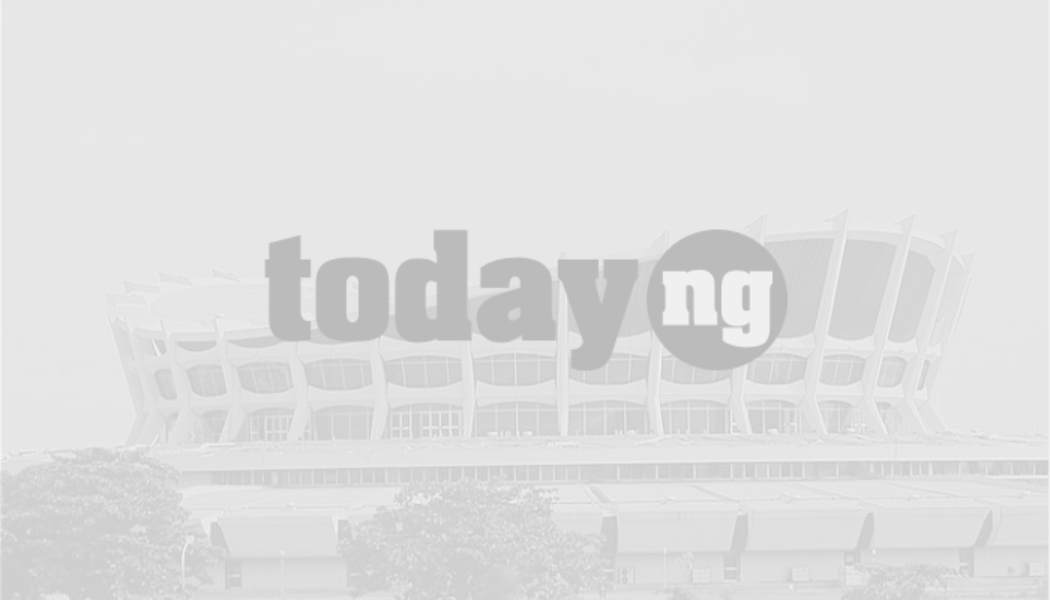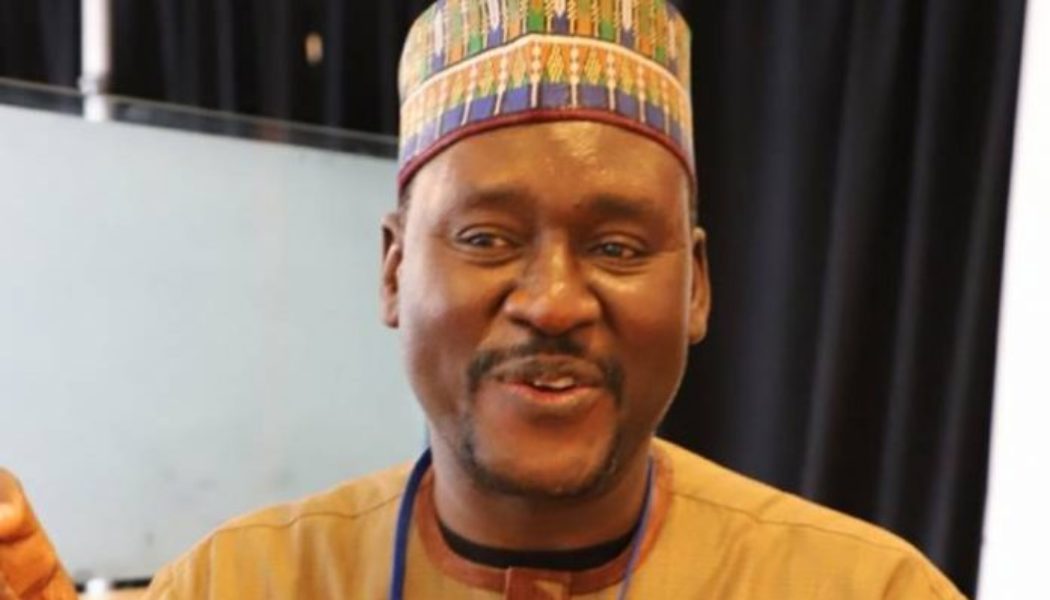Civil Society Legislative Advocacy Centre
EFCC: Top government officials involved in illicit financial flows
The Economic and Financial Crimes Commission (EFCC), has accused Nigerian leaders and top government officials of aiding the Illicit Financial Flows (IFF) activities in the country. The EFCC also revealed that corrupt government officials and their private sector collaborators used fronts and ownership structures that do not provide sufficient information about the true identities of the natural persons behind the title to hide illicit money and transferred same to safe havens abroad. The Executive Chairman of the EFCC, Mr. Abduralsheed Bawa, disclosed this during a one-day conference that was organised by the Civil Society Legislative Advocacy Centre (CSLAC) on IFF on Corruption in Arbitration in Abuja Bawa, who was represented by the Head of Research Unit, Department of Policy Research a...
CISLAC raises concerns over Nigeria’s debt profile, coronavirus accountability
The Civil Society Legislative Advocacy Centre (CISLAC), has expressed concerns over $2.18 billion foreign loan request to the Nigerian Senate to fund the 2021 Appropriations Act, by President Muhammadu Buhari. It has therefore urged the National Assembly to insist on an analysis of debt repayment strategy to be in place as its key priority to approvals. In a statement by Executive Director, CISLAC and Head of Transparency International – Nigeria, Auwal Ibrahim Musa Rafsanjani, he said national public finance management regime is meant to save the nation’s economic system from collapse: rescuing jobs, supporting livelihoods and bailing out many businesses on the brink. He warned the government to avoid the catastrophe that the international finance institutions forced on Greece: destroying ...




Nigerian National Assembly spends billions of naira on constitution review
The perennial constitution amendment exercise by the National Assembly is characterised by proposals that keep resurfacing despite gulping billions of naira yearly, an analysis has shown. The federal parliament had from the 5th to the current 9th National Assembly made several attempts to amend some provisions of the 1999 Constitution to no avail. At every session, the parliament officially spends N1 billion shared equally between the Senate and the House of Representatives. There are reports that the lawmakers spend more than what is appropriated for the exercise. While some amendments were successful, several others suffered serial failures but kept appearing in new proposals. Considering the huge spending, lawyers and civil society groups have pointed out that no significant amendments ...